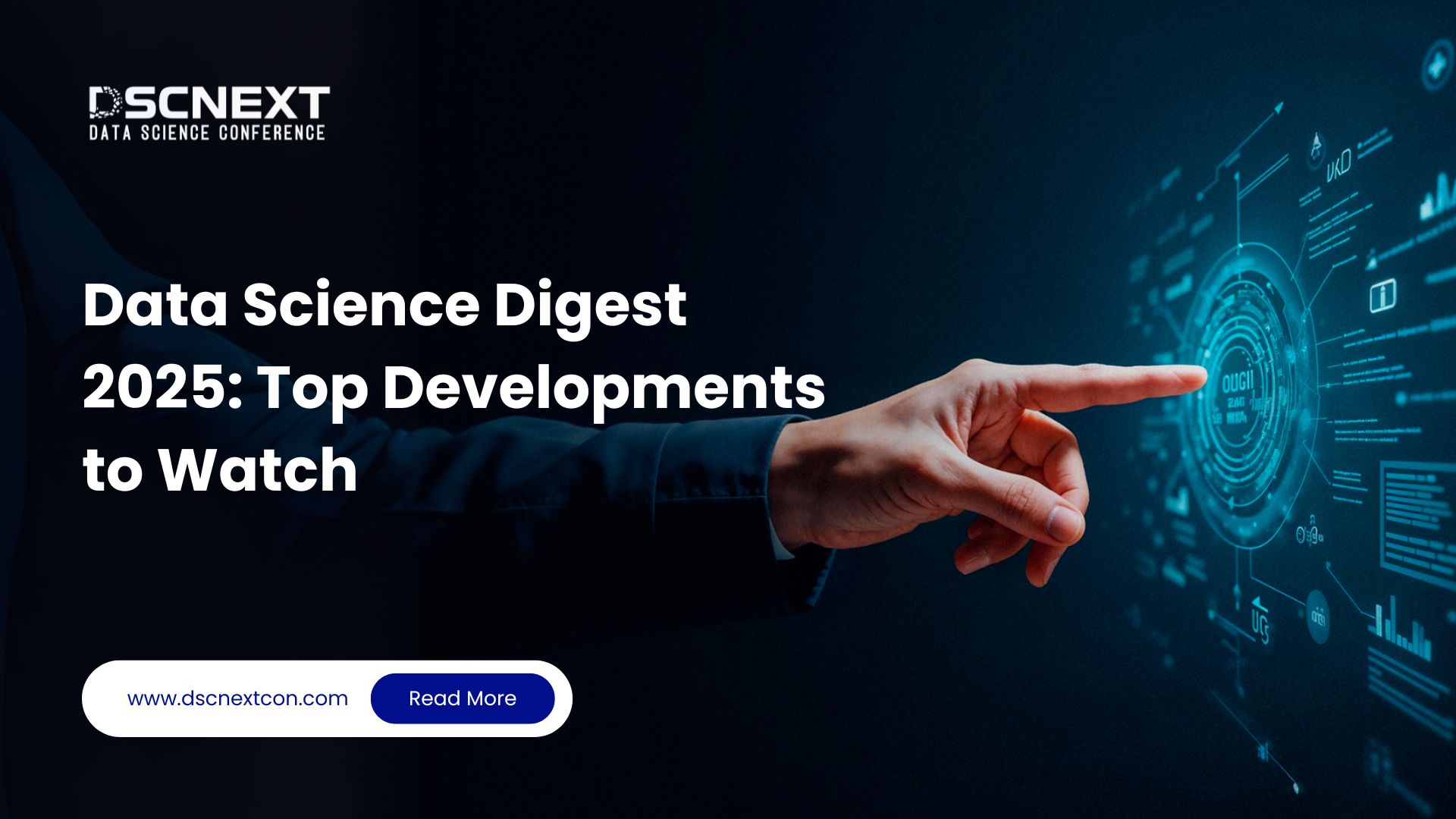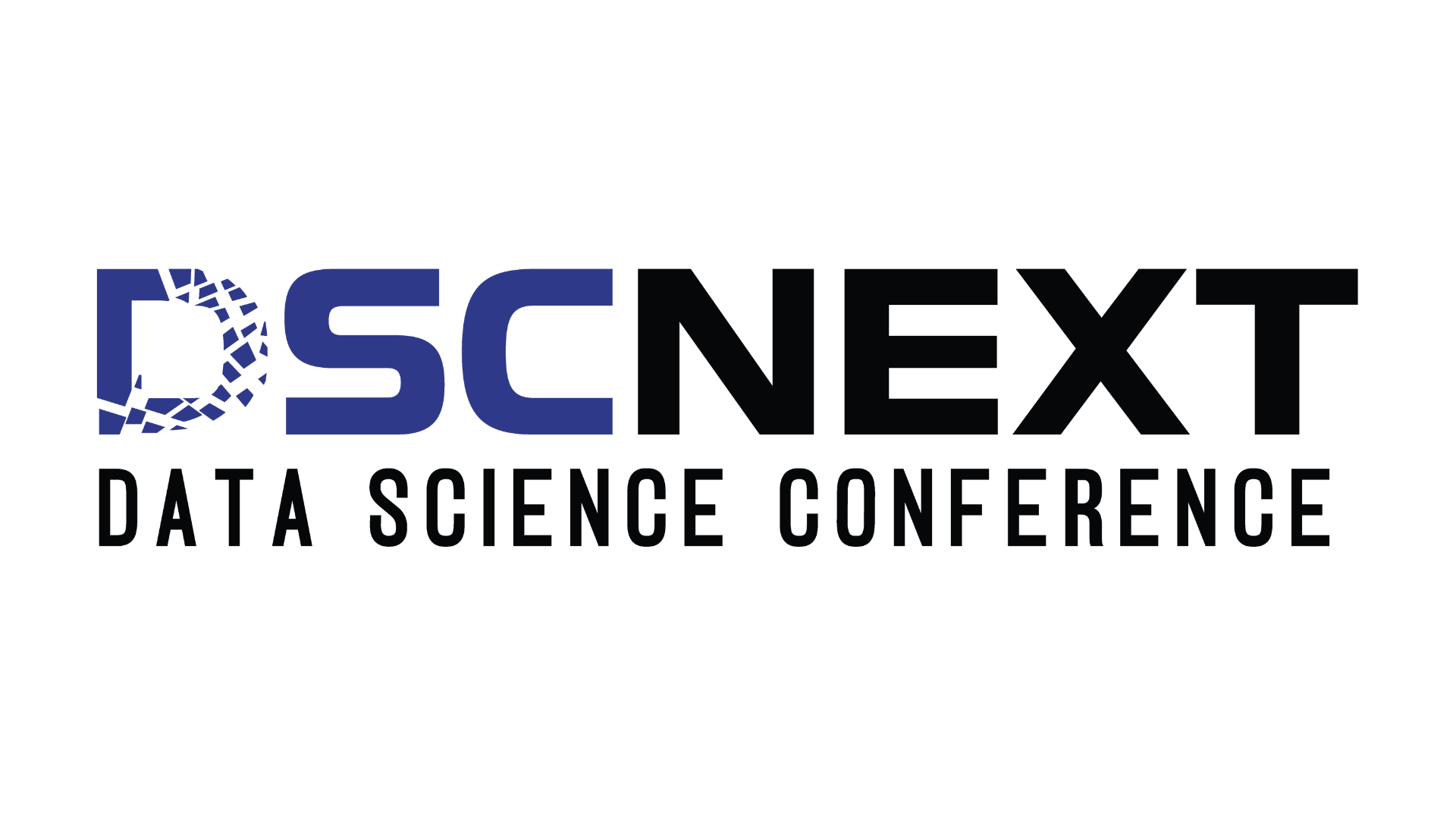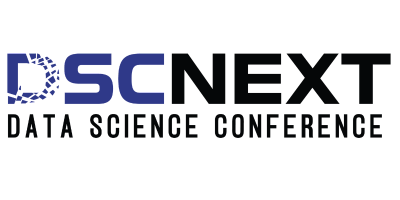
Introduction
July 2025 proved once again that data science is not just a tool—it’s a global force shaping economies, ecosystems, and even how animals communicate. This month brought groundbreaking innovations, policy shifts, and environmental debates. From quantum breakthroughs to decoding whale songs, here’s a roundup of the top stories in data science.
1. EU Delays AI Act’s Code of Practice
The European Union has delayed the release of its long-awaited Code of Practice under the AI Act. This postponement leaves many businesses in a regulatory gray area, awaiting clearer compliance guidelines. With AI regulation gaining global urgency, the delay may impact how companies roll out AI systems across Europe.
2. AI Decodes Animal Communication
At the University of Michigan, AI researchers are venturing into the realm of interspecies communication. Recent projects aim to understand how animals like sperm whales and dogs communicate using deep learning models and sound pattern analysis. These advances could revolutionize wildlife conservation and animal behavior research.
3. Corporate Shake-ups in AI
In a significant development, Microsoft has stepped back from its position on the OpenAI board. While no official reason was cited, this move signals shifting alliances in the AI landscape. Meanwhile, ElevenLabs, a leader in AI voice technology, is expanding globally and considering an IPO—positioning itself as a major player in voice-enabled applications.
4. Tech Launches: China and MIT Take the Lead
Chinese AI giant SenseTime launched SenseNova 5.5, designed to address AI restrictions in China while offering advanced model performance. In parallel, MIT introduced GenSQL, a powerful new tool for database analysis using generative AI, set to redefine how data queries and predictions are performed.
5. Can AI Be Sustainable?
Google’s growing AI operations have raised concerns due to increased carbon emissions. This has reignited conversations around the environmental cost of AI and the need for green computing practices, such as energy-efficient data centers and low-power models.
6. India Emerges as an AI Powerhouse
India is proactively cementing its role as a global leader in AI and data analytics. The Union Budget 2025 includes major allocations for AI innovation and digital infrastructure, fueling research, startups, and job creation. Under the India AI Mission, the government has invited 67 proposals to build indigenous foundational AI models, and the Digital India Bhashini initiative is expanding AI-powered language access across 22 Indian languages.
At the same time, Indian-based pharmaceutical Global Capability Centers (GCCs) are leveraging AI for drug discovery and clinical trial simulation—signaling a shift from support roles to innovation hubs (Source). Together, these initiatives highlight how India is positioning data science at the core of its economic and technological future.
7. Russia’s Quantum Leap
Russia has unveiled a 50-qubit quantum computer using cold ion technology—a major step forward in quantum computing. This breakthrough could eventually power next-generation AI applications and transform fields such as cryptography, logistics, and drug discovery.
8. Abu Dhabi Bets Big on AI in Healthcare
During Abu Dhabi Global Health Week, AI-led innovation in drug discovery and precision medicine took center stage. The city is positioning itself as a hub for life sciences and AI-driven healthcare, with ambitious plans to attract global talent and investment.
9. Data Management Takes Center Stage
As AI adoption grows, managing massive volumes of data has become a business necessity. Organizations now view strategic data infrastructure—not just advanced algorithms—as the backbone of digital transformation. Clean, reliable, and well-governed data is no longer optional..
10. Upskilling the Workforce for the AI Era
To meet the soaring demand for AI talent, companies and governments are investing in training programs. From data science bootcamps to AI certification courses, upskilling is critical to bridging the skills gap and future-proofing the workforce.
Conclusion
From policy delays and corporate moves to scientific marvels and environmental debates, July 2025 highlights the growing influence of data science in every sector. As innovation accelerates, the challenge will be balancing speed with sustainability, and progress with purpose. One thing is clear—data is no longer just information; it’s transformation.
Looking ahead, all eyes are on DSC Next 2026, where industry leaders, researchers, and innovators will gather to explore the future of AI, quantum computing, and sustainable data science. This global event will be a launchpad for new ideas, partnerships, and technologies that shape the data-driven world of tomorrow.
References

